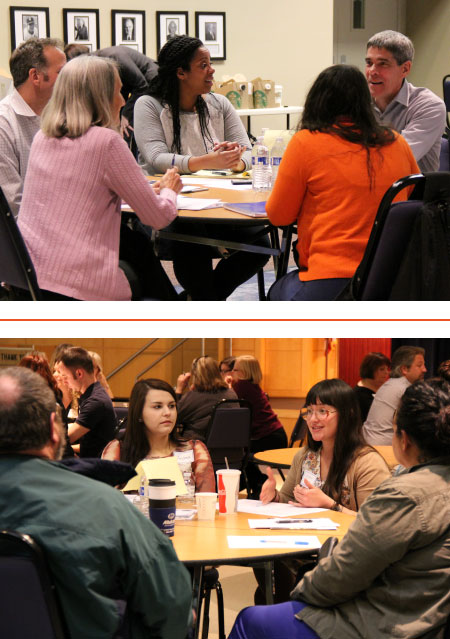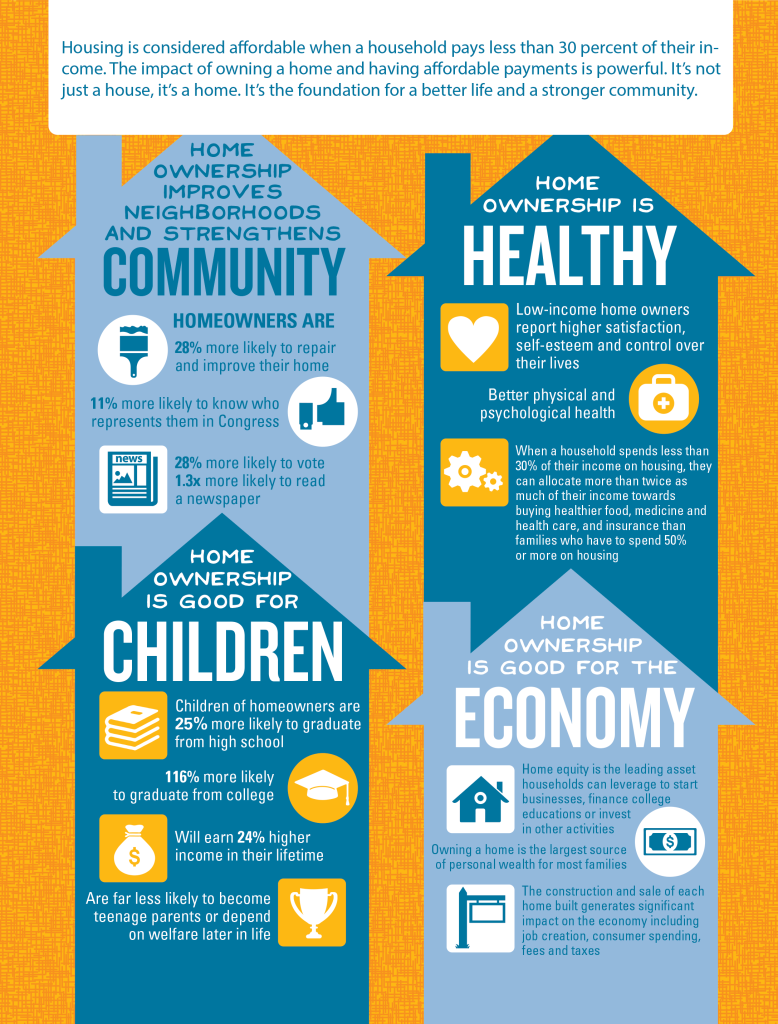Home ownership comes with a lot of responsibility and enormous costs. Beyond the initial sticker shock, there are always fixes like leaky roofs and water heaters. Left unchecked, these repairs can diminish the value of a home. The same is true for our region’s housing infrastructure, which can cause enormous social and economic problems without proper planning and maintenance.
Over the last year, our region has finally seen the shortcomings of local and national affordable housing policies and programs. Whether homeless people were camping in your neighborhood or a friend or family member was struggling with the rental market, people from all walks of life have been affected. Even if you don’t have a direct connection, local newspapers have delivered the narrative to our doorsteps weekly.
With all the reporting, it wasn’t surprising when I read that affordable housing and homelessness claimed the first two spots in The Columbian’s staff poll of the top stories in 2015. Both topics appeared on more than 80 percent of the ballots returned and deservedly so, because housing is a complex and persistent problem that has no regard for the lines that divide our municipalities, organizations and sectors.
As Vancouver Mayor Tim Leavitt said at a recent city council workshop, “This is a community issue. We need all hands on deck.” He’s right. Our region will only develop practical short-term solutions and long-term plans by working across sectors and geographic boundaries.
Housing Solutions Require Energy
One positive outcome that arose from the overwhelming news coverage is energy. Getting into the public eye and garnering a bit of outcry has given advocates, civic leaders, faith communities and nonprofits in southwest Washington more initiative and resources to direct toward this crisis.
After the eviction notices arose at Courtyard Village, The City of Vancouver formed an Affordable Housing Task Force and passed three ordinances to protect low-income renters. The Council for the Homeless’ board of directors chose to pursue new initiatives that will eventually diversify and increase the supply of affordable housing in Clark County.
 And while the Community Foundation is not an organization that builds houses or shelters, we have been leveraging our strengths and partnerships to convene stakeholders around this pressing issue.
And while the Community Foundation is not an organization that builds houses or shelters, we have been leveraging our strengths and partnerships to convene stakeholders around this pressing issue.
It began with a series of six Open Forums on Affordable Housing that we produced in partnership with Washington State University Vancouver and Identity Clark County. The series invited the public to learn about and discuss trade-offs related to specific policy responses, such as incentivizing development, expanding affordable housing and eligibility for assistance. There was also time for reflection as facilitators worked to identify points of common ground and areas where further discussion was necessary.
Overall, the attendance reflected our region’s heightened public interest in this important, ongoing issue. The resulting feedback, while varied by geographic location, brought more breadth and depth to a regional conversation by providing an outlet for accurate information and constructive civic engagement.
More recently, we joined forces with the Council for the Homeless to convene a variety of housing and homelessness stakeholders for regular roundtable sessions. This group is identifying and developing actionable, long-term affordable housing strategies that generate the most interest among nonprofit, civic and business leaders.
Other collaborative efforts are making headway on quick, short-term solutions as well. In December, local nonprofits and government agencies organized a new day shelter at the Friends of the Carpenter warehouse. Faith communities have also worked together to create a network that connects homeless families with temporary housing options.
Immediate stopgaps such as day shelters and emergency housing are important measures for treating the symptoms, but the causes will likely take years to address. The current housing crisis is actually the result of decades of policy and a combination of market forces resulting from the 2008 recession.
If that makes this work sound complicated, it is; which is why we need more people, businesses, lenders and governments to pitch in. It is inspiring to see the many partners who are already laying the groundwork for long-term plans, but there are still roles to be filled. Everyone can and should advocate, volunteer or donate on some level to help address housing and homelessness in our community. If not, this issue has the potential to negatively affect every one of us.
Why Housing Matters for Us All
At the Community Foundation, the state of homelessness and affordable housing in southwest Washington are critical to the big picture work we are funding around intergenerational poverty. If people don’t have a stable home, programs related to health, education, asset building and job training end up taking a back seat to their daily struggle for shelter.
Let’s take education as an example. Enrolling a child in school comes with a long list of requirements, such as residency, guardianship, transferal of school records and immunizations. All of which create barriers for homeless children. Beyond enrollment, homeless families also live in a world where they must move frequently because of limits on shelter stays, migratory work or needing to escape abusive situations.
This transitory lifestyle means that homeless children often have to change schools, which some estimates have shown to set children back 3 to 6 months with each move. With higher risk of falling behind comes a heightened risk of dropping out. Without the opportunity that education provides, homeless children are much less likely to acquire the skills they need to escape poverty as adults.
 As seen in this Habitat for Humanity infographic, affordable housing is connected to a litany of social benefits. That makes this issue too important to sit around on our region’s to-do list. Addressing the housing crisis is a “must-do” for our community, and this is not a quick fix. Long-term solutions will require a complete remodeling of the policies and strategies that shape our affordable housing system. Money, creativity, collaboration and commitment are also necessary.
As seen in this Habitat for Humanity infographic, affordable housing is connected to a litany of social benefits. That makes this issue too important to sit around on our region’s to-do list. Addressing the housing crisis is a “must-do” for our community, and this is not a quick fix. Long-term solutions will require a complete remodeling of the policies and strategies that shape our affordable housing system. Money, creativity, collaboration and commitment are also necessary.
This is why the Community Foundation will be investing in this issue throughout 2016 and beyond. For our team, that means identifying and promoting solutions offered by our nonprofit partners that have the greatest potential for impact. Hopefully these efforts will help you discover what role you can play in this effort, or inform work that you’re already doing.
Either way, we hope that more people in southwest Washington will continue to join the ongoing effort. Because as long as each of us—policymakers, nonprofits, businesses and residents—continue to push toward a long-term affordable housing plan, we can succeed.
The result will be a system that builds community wealth, values unique businesses and perspectives, and works to keep families rooted in the place they call home. In this system, our region’s top news might highlight good stories about community land trusts, collaborative holistic housing solutions, and transit oriented affordable developments.
As you can see, a working system is not that hard to imagine, because it is already taking shape in our backyards. We just have to reach beyond our boundaries, work together more closely and add to the momentum that is already making a difference in southwest Washington.
